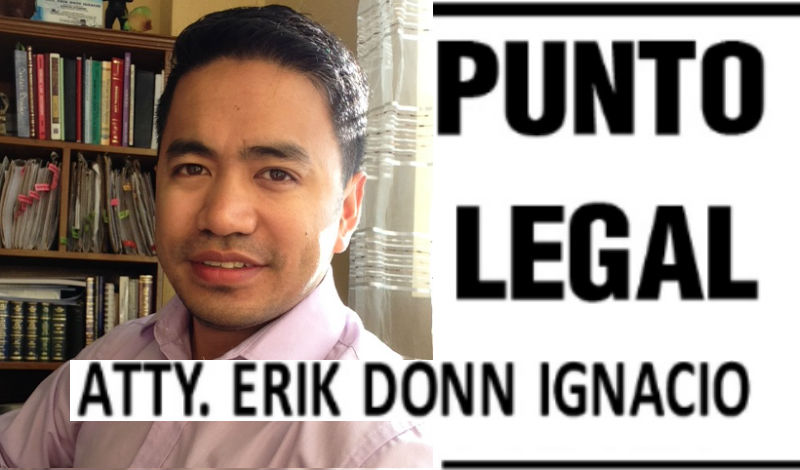The law and the courts are meant to protect those who have grievance or whose right has been violated by another. Unfortunately, there are instances when the law or the court will leave the litigants as they are and have no recourse against each other even though someone might have incurred damage. As little children, we might have experienced something like this. We probably ran to our parents complaining about being hit by a sibling only to be told that its our fault anyway so we have no right to complain. This is the very concept of the term: in pari delicto. The courts will not aid any party who might have incurred damage through his own fault. The Court and laws cannot come to the aid of someone who clearly has brought misfortunes upon himself.
Menchavez vs. Teves
The facts of this case are very simple. It involves the lease of a fishpond. Menchavez et. al., (Menchavez for brevity) filed their fishpond application with the Bureau of Fisheries but while the said application is still pending, they leased the pond to Teves. They executed a deed embodying the terms of their agreement including the monthly lease and the period. Before the expiration of the agreed period, the improvements of Teves on the leased property were demolished in accordance with an order of the Court and the property was awarded to another person. For this, Teves sued Menchavez for violating the terms of the contract asking the trial court to award damages. The Regional Trial Court however found that the fishpond could not have validly been leased in favor of Teves since Mechavez’s application was still pending and was not awarded in his favor. The lease contract was declared null and void by the trial court and found that the parties are in pari delicto therefore no damages or other award can be decreed in favor of the plaintiff. On appeal, the Court of Appeals reversed the ruling of the trial court and awarded damages in favor of Teves since the latter could not be considered at fault since there was no evidence that he did not have knowledge that the pond was not owned by Menchavez. The latter appealed to the Supreme Court.
Parties are at Fault
The Supreme Court disagreed with the Court of Appeals and upheld the decision of the Regional Trial Court. Menchavez and Teves were at fault and they cannot come to Court and seek relief for a matter they brought upon themselves. According to the SC: Being merely applicants for the lease of the fishponds, petitioners had no transferable right over them. And even if the State were to grant their application, the law expressly disallowed sublease of the fishponds to respondent.Void are all contracts in which the cause, object or purpose is contrary to law, public order or public policy. (G.R. No. 153201. January 26, 2005). Menchavez did not own the property so he could not have validly leased it and his application was not even approved yet. But even if his application was granted, the law is clear that it could not have been sub-leased. It was also clear that Teves knew that the application of Menchavez was still pending and could not claim innocence on the fact that the latter does not own the property. Although the contract contained a provision on liquidated damages, the same cannot be awarded since the contract itself is void.













